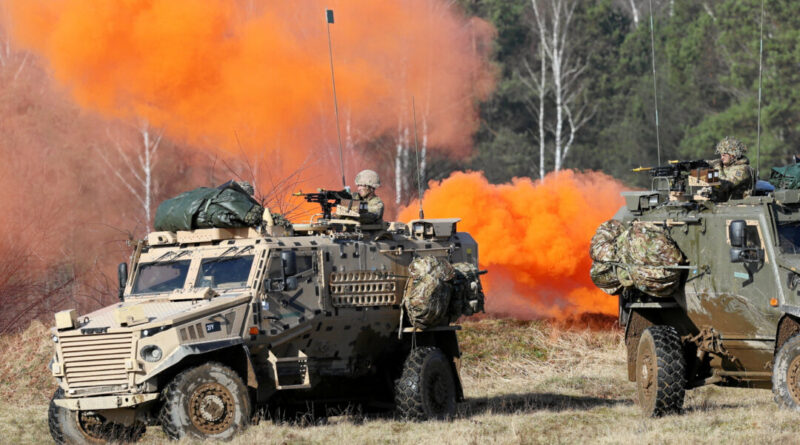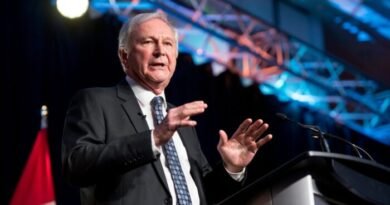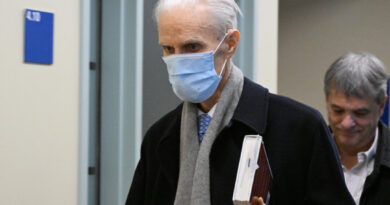NATO’s defense budget increased significantly following Russia’s invasion of Ukraine.
A high-ranking defense official mentioned, “Today, 18 allies meet the two-percent requirement, compared to only nine in 2020.”
Congress has been informed that the number of NATO member nations fulfilling their defense spending obligations has significantly increased following Russia’s full-scale invasion of Ukraine.
Back in 2014, the military alliance set a guideline that all member nations should allocate at least two percent of their GDP to defense spending after Russia’s restricted invasion and annexation of Crimea from Ukraine.
Initially, only three members met the spending commitment, and even after more than half a decade, fewer than 10 nations were meeting it.
However, since Russia’s full-scale invasion of Ukraine in 2022, the number has surged, with 18 NATO nations now spending a minimum of two percent of their GDP on defense, according to Celeste Wallander, assistant secretary of defense for international security affairs.
During an April 10 hearing of the House Armed Services Committee, Ms. Wallander mentioned, “We are not alone. I can report our allies in Europe are sharing the responsibility for collective defense.”
She added, “Today, 18 allies meet the two-percent requirement, compared to only nine in 2020. Several more will meet two percent by the July [NATO] Washington summit.”
Ms. Wallander stated that the alliance is projected to spend $470 billion on collective defense by the end of 2024, surpassing the two percent mark of their combined GDP.
These advancements are crucial to maintaining strong deterrence efforts among allies and ensuring Ukraine is adequately supported to prevent Russian troops from nearing the borders of the four NATO nations adjacent to Ukraine.
She warned, “NATO allies together are answering the call to meet this historic threat,” as she highlighted that Moscow’s ultimate goal is to undermine Ukrainian sovereignty and global trust in NATO.
Mr. Putin has refrained from calling Russia’s war, the largest in Europe since World War II, a “war,” instead referring to it as a “special military operation.”
Ms. Wallander emphasized that NATO must not allow Russia’s objectives to succeed and must work towards Ukraine emerging as a sovereign, independent, economically viable, and democratic nation capable of deterring and defending against further aggression.
Gen. Christopher Cavoli, commander of U.S. European Command, also stressed the importance of NATO’s increased investment to deter the chronic threat of Russian aggression in the future.
He added, “Over the past year, there have been profound changes in NATO. We have new war plans for the first time in 35 years.”
Despite progress, roadblocks remain, such as Ukraine’s dependence on U.S. artillery shells and air interceptors, with the United States cautious about providing these resources. Gen. Cavoli emphasized the critical role of American leadership in selling such arms and the high stakes involved if support falters.



